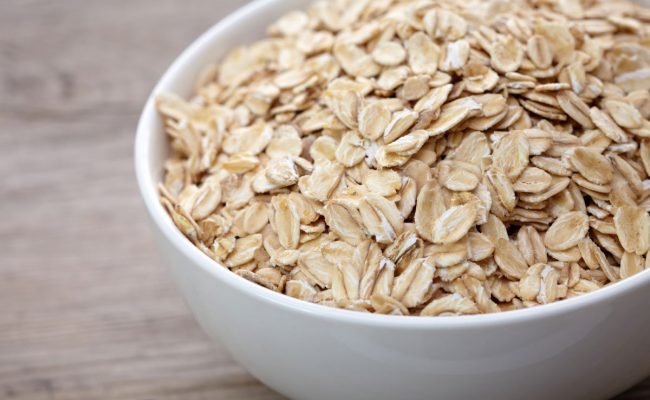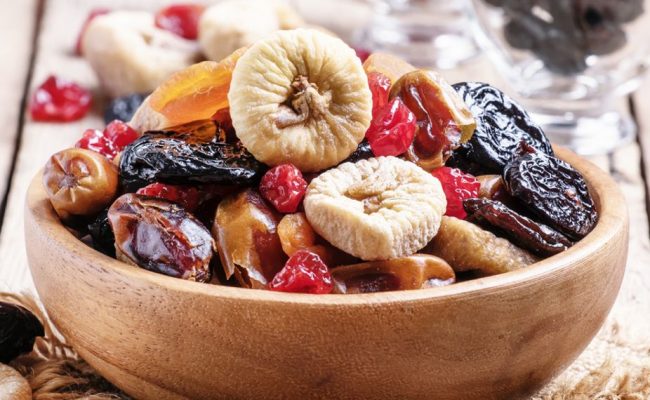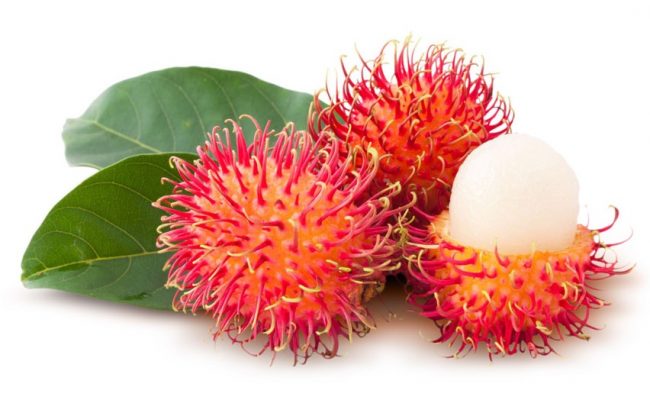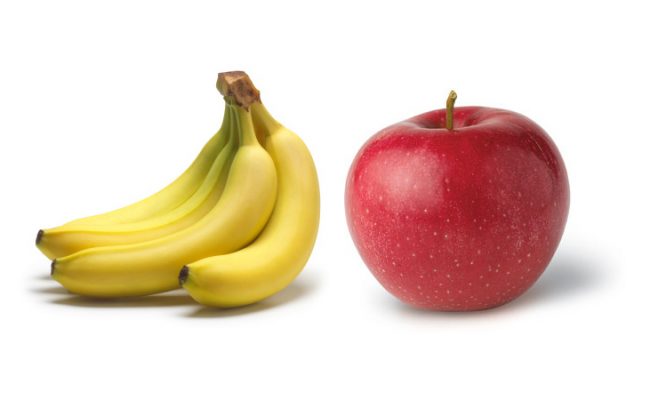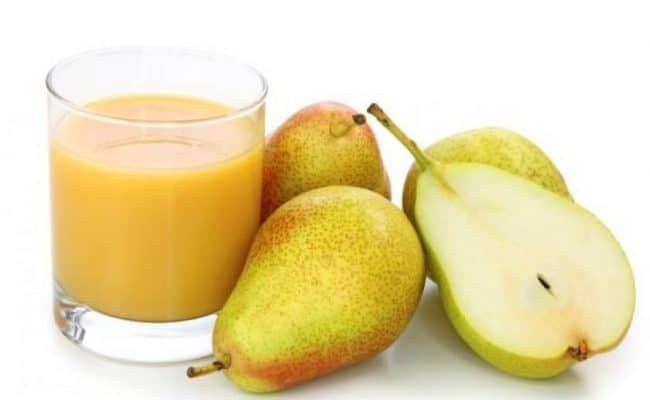
Beets are full of nutrients that can offer many health benefits. The compound that gives beets their red color are called betalains, and this is a special compound specific to beets. Beets have other antioxidants that help protect cells from damage caused by free radicals.
A benefit that is known for eating a diet high in all fruits and vegetables is associated with lowered risk of heart disease, stroke, lowered risk of some cancers and may help with stabilizing blood sugar levels (1).
All fruits and vegetables are a source of potassium which can help lower blood pressure. Eating beets may offer additional heart health benefits though. Eating beet greens may offer protection for eye health, and some research suggests beetroot juice may help muscle endurance.
If you increase your intake of beets, you may notice the red leaking into urine and feces. This is a normal, benign process that shouldn’t cause concern for most people.
The only caution with drastically increasing your beet intake could be for those at risk for oxalate causing kidney stones or those at risk for gout.
Eye health
Beetroot greens are a concentrated source of antioxidants lutein and zeaxanthin. These antioxidants play a major role in protecting eye cells from damage and lowering risk for cataracts and age related macular degeneration (2).
So, before you throw away the beetroot greens and just use the beetroots, think of ways you can cook them to get the eye protecting benefits.
Beetroot greens can be sautéed with some olive oil like other leafy greens. They can have a bitter flavor, so mixing them with other leafy greens may help improve palatability.
Heart health
Beets are a good source of potassium. A cup of beets provides about 12% Daily Value (DV) for recommended potassium intake. Eating many foods high in potassium is recommended for lowering blood pressure.
Beets are also high in B vitamins folate and B6. These two vitamins help keep homocysteine levels down in the blood. Elevated homocysteine levels can increase risk for cardiovascular disease. Eating foods high in B vitamins, like beets, can help keep homocysteine levels down.
Because beets are high in antioxidants, they can also help lower inflammation in the body. Other fruits and vegetables also offer antioxidants, but each food has a different make up of antioxidants. Beets are specific for the betalains.
Improve endurance
Beets are considered high in nitrates. This effect in the body after digestion creates a dilation of blood vessels. This is another reason why beets can be considered heart healthy.
However, it turns out the concentrated source of nitrates from beetroot juice may also be a benefit to athletes not just for heart health purposes.
Research (3) from Washington University School of Medicine found when people who had congestive heart failure drank beetroot juice, muscle power increased. This could be important for people with heart failure who can find tasks of daily living exhausting.
The increase in muscle power has also been seen in athletes. Some, but not all, studies have shown a benefit if ingesting beetroot juice and increased stamina in exercise.
A 2012 study (4) looked at the effect of eating whole beets and running performance in recreationally fit, healthy adults.
Researchers found when the participants ate beets 75 minutes before doing a 5 kilometer time trial, they ran faster and had lower perceived exertion at some points during the run.
This suggests beets may offer some benefit for muscular endurance, although more research is needed.
This study also used whole beets instead of beetroot juice, which can be challenging to ingest large doses of. So, it may be more appealing to most to eat whole beets instead of drinking beetroot juice.
Lower risk for dementia
The nitric acid from beets could have another positive effect on the body besides increasing muscle endurance and heart health. Nitric acid could also encourage blood flow to the brain which may help lower risk for dementia.
A 2011 study (5) gave high and low nitrate diets to elderly adults measured the blood going to the brain. The high nitrate diet group was given beetroot juice for the extra nitrates.
Researchers found the beetroot drinkers from the high nitrate group had increased cerebral perfusion in the frontal lobe.
This could be important because the frontal lobe area of the brain is vulnerable to dementia (6).
A concern for some for eating beets
Is there any harm in bumping up your beet intake so much your urine and feces can turn red?
Health experts suggest this can be a normal occurrence after bumping up your beet intake, and it is not cause for concern.
Beetroot greens are high oxalates, a compound that for some can increase risk of kidney stones. In fact, Cleveland Clinic (6) suggests cutting out high oxalate foods, like beets, if you are at risk for oxalate kidney stones.
Therefore, if you are at risk for oxalate kidney stones, you may want to consult your medical team before increasing your intake of beetroots or beetroot greens.
Conclusion
Beets are a good source for many vitamins, minerals and fiber. They are also high in antioxidants and a specific compound called betalains. Beets also are considered high in nitrates, which if coming from vegetables, can be a good thing.
Nitrates once digested an absorbed can have many positive effects on the body. They can be a vasodilator which can help lower blood pressure.
Some studies have also shown nitrate from beets can positively impact muscle endurance in people with heart failure and for sports performance.
More research is being done to clarify the role in beets and muscle performance.
Adding beets to your diet can be a great addition for many reasons.
However, if you are at risk for oxalate kidney stones or have been told to follow a low oxalate diet, adding beets would not be recommended.
